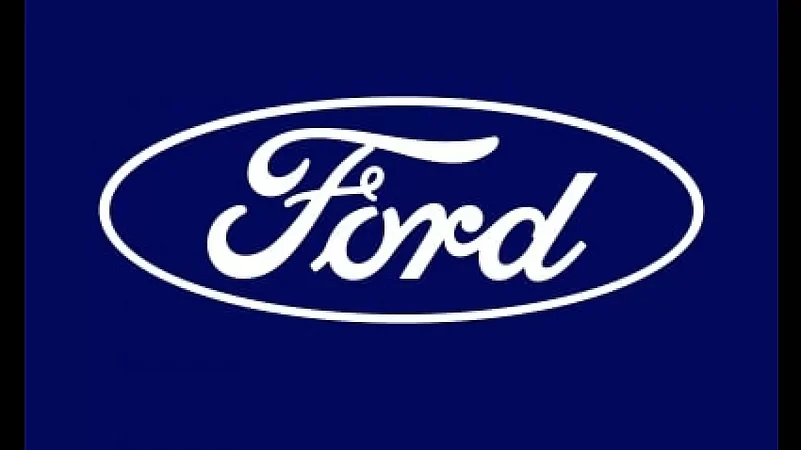The automaker announced Friday that it plans to build more of the Mustang Mach-E, the Bronco Sport SUV and Maverick small pickup, the F-150 Lightning electric pickup and the Transit and E-Transit gas and electric full-size vans. To help increase production, the company last year said it would add a third shift and 1,100 jobs at its full-size van plant in Claycomo, Missouri, near Kansas City, and another 3,200 jobs related to building the F-150 Lightning which is made in Dearborn, Michigan.
Ford will also hire an unspecified number of new workers this year at plants in Cuautitlan and Hermosillo, Mexico, where the Mach-E, Maverick and Bronco Sport are made, according to spokesman Said Deep. Production line speeds will increase shortly to raise production, with more workers coming later, he said. For more than two years, US auto sales have been depressed largely due to a shortage of computer chips during the coronavirus pandemic. But the chip shortage is easing and automakers like Ford are starting to increase production and build supplies on dealer lots. Overall in the US, auto sales fell almost 8% last year to just under 14 million, with Ford's dropping just over 2 per cent, according to Autodata Corp. But in February, overall industry sales rose 9.5 per cent over the same month a year ago, according to LMC Automotive, which sees sales increasing to 15 million this year. Ford sales were up almost 22 per cent in February.
“The industry is on its track back,” said Jeff Schuster, executive vice president of automotive for LMC and Global Data. At crosstown rival General Motors, full-size pickup truck inventory rebounded enough that it will shut down a factory in Ft. Wayne, Indiana, for two weeks starting March 27 to control it. Ford suspended production of the F-150 Lightning in February after a battery caught fire during a pre-delivery quality check. Deep said the battery issue has been resolved and production will resume March 13 to an annual rate of 150,000.
Mach-E production will rise to an annual rate of 210,000 by year's end, while the company plans to boost Bronco Sport and Maverick production by 80,000 vehicles this year. Transit and E-Transit production will rise by 38,000 this year. Sales are up so far this year for all the models that will see production increases. The production jumps are good news for consumers, who have had long wait times for some more popular models and have been forced to pay high prices due to strong demand and short supplies. JD Power reported that the average US new vehicle sold for USD 46,229 last month, a record for the month of February.
But as the chip shortage eases and automakers can produce more this year, Schuster said there should be some easing of prices even on hot-selling models. “I would expect some relief on the pricing front," he said, adding that sticker prices could come down or automakers could offer discounts. But he said prices will remain high and aren't expected to return to pre-pandemic levels































